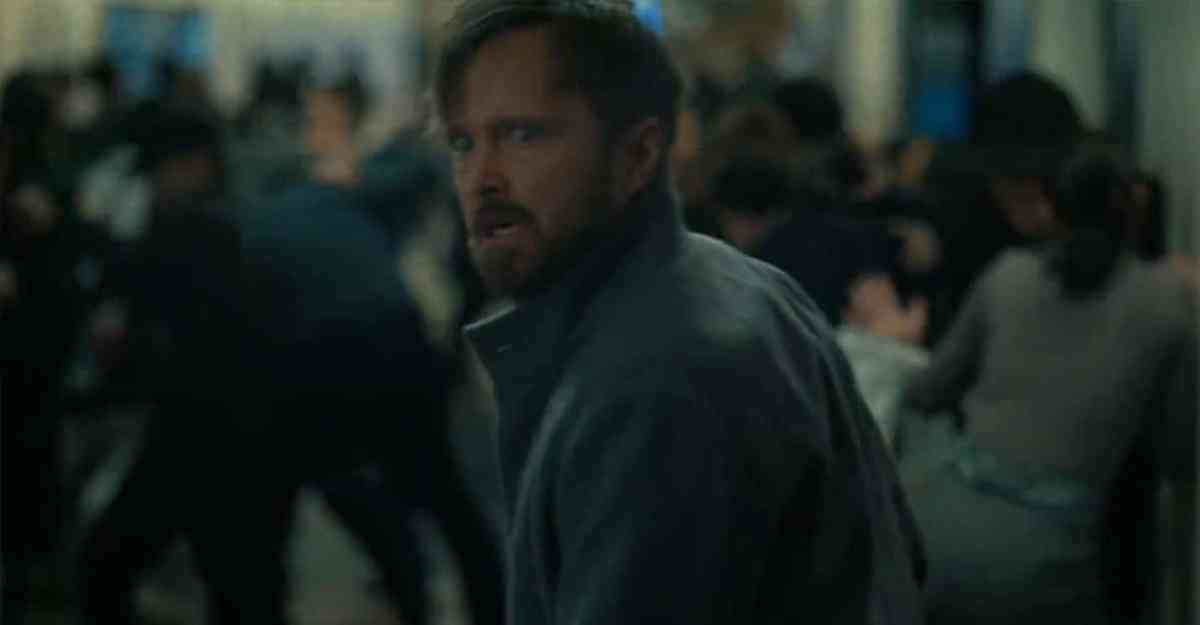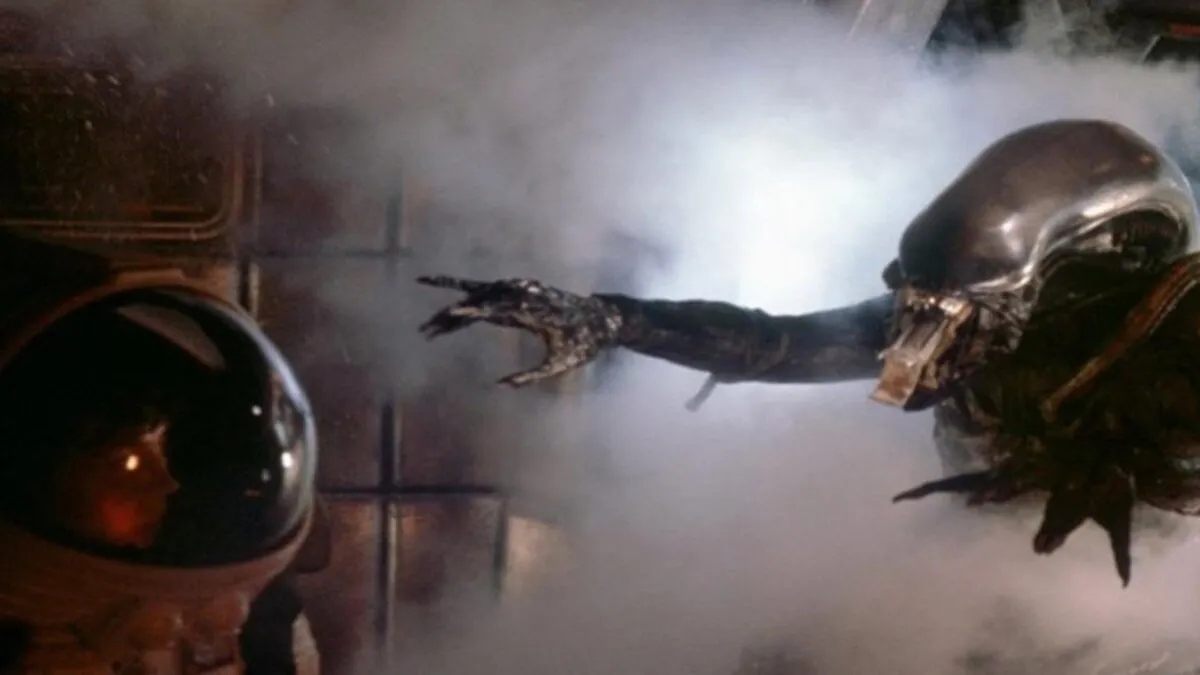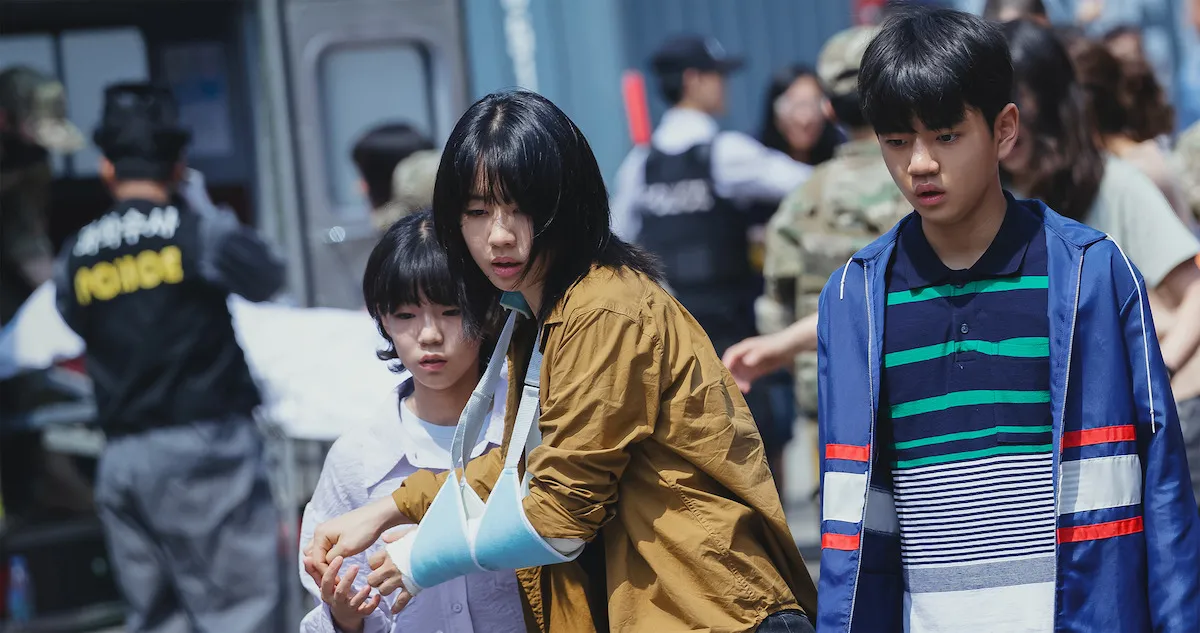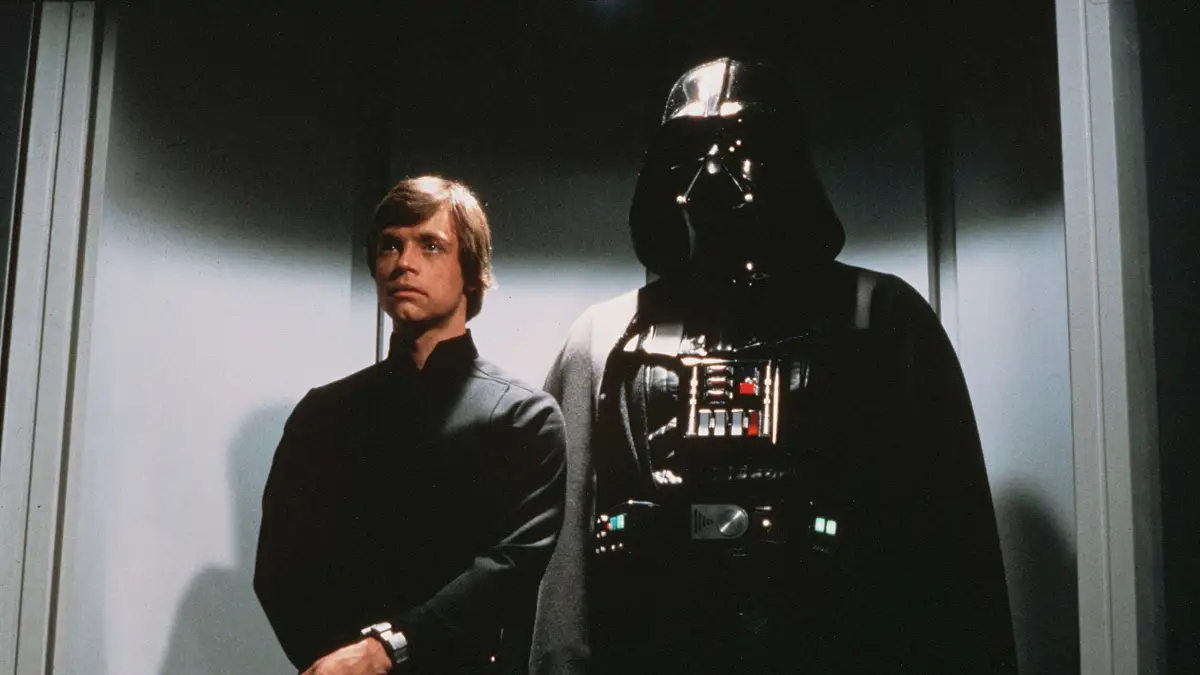This discussion and review contains spoilers for Westworld season 4, episode 8, “Que Será, Será,” the season finale.
“Que Será, Será” is certainly a stronger finale than the fourth season of Westworld deserves, representing a dramatic uptick from the one-two punch of “Fidelity” and “Metanoia,” feeling like a worthy successor to “Zhuangzi.” While there are a number of sizable narrative issues here, most of which result from the accelerated pacing and the reduced scale of the fourth season, “Que Será, Será” is refreshingly ambitious. Few season finales end with the destruction of all life on Earth.
There are obvious issues here. “Que Será, Será” essentially has to cram the mass extinction of humanity (and the Hosts) into an hour of television, with a relatively modest cast and a handful of locations. Despite its seemingly planetary scale, the big action set pieces in “Que Será, Será” are confined to a single street corner, an empty supermarket, a roadside ambush in the middle of nowhere, and the Hoover Dam. Despite all the monologues, it doesn’t scream “apocalypse.”
The decision not to bring back Maeve (Thandiwe Newton) for the finale, and to limit Bernard’s (Jeffrey Wright) involvement to a prerecorded message for the rebuilt Charlotte (Tessa Thompson), was refreshingly bold in a show where death is often more of a minor inconvenience than a meaningful threat. However, the fact that Ed Harris has already confirmed that he will be returning for the fifth (and final) season suggests that these characters are unlikely to stay dead.
Specifically, taking characters like Maeve and Bernard off the board while isolating Christina (Evan Rachel Wood) in her own subplot forces “Que Será, Será” into several unusual positions. At one point, the episode pits Frankie (Aurora Perrineau) and Caleb (Aaron Paul) against Clementine (Angela Sarafyan). It’s fun, but it’s also not a satisfying payoff. Clementine has never meaningfully interacted with either character, and her last big character beat was way back in “Well Enough Alone.”
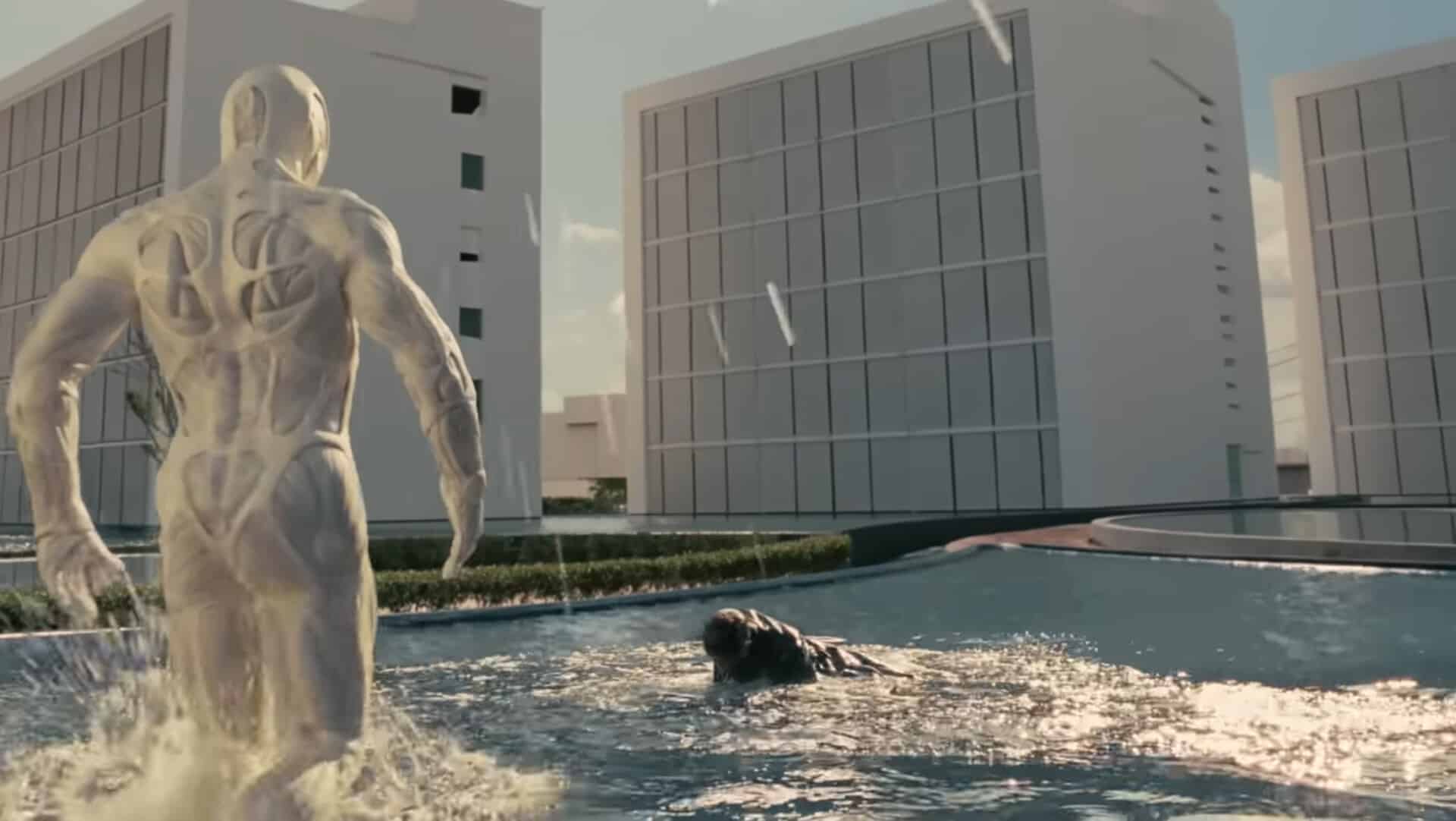
However, allowing for these structural and narrative issues, “Que Será, Será” is a surprisingly compelling piece of television. Part of this is because the teleplay knows how to pitch itself. Despite the massive stakes and the epic conclusion, “Que Será, Será” is structured very much as a character piece. Indeed, while the aforementioned issues with pacing and scale are still issues, they are a lot easier to understand in the context of Westworld as a television series in its fourth season.
As virtually every review of this fourth season has been forced to acknowledge, Westworld is not the show it was in its first two seasons, for better or worse. It is no longer (and never really was) a potential successor to Game of Thrones on the HBO schedule. Its profile has diminished. Its viewership has shrunk. The cast is appreciably smaller, even if the individual actors are receiving better compensation. The third and fourth seasons offer much smaller spectacle.
This might account for the sharper shift in how the fourth season approaches the show’s larger themes. “Que Será, Será” is saturated with Westworld iconography from its opening scenes, almost feeling like a collection of the show’s greatest hits. In the opening scene, flies buzz around dead bodies to symbolize decay. Once again, there is anarchy within a seemingly controlled system. Christina discovers “the maze” on her apartment balcony. William (Harris) even rides a horse.
The opening sequence of “Que Será, Será” plays almost like a grim parody of the brutality that defined so much of the first two seasons of Westworld. “Humans just lost it, started killing everyone, not even any dialogue — just murder, murder, gnarly!” explains one Host (Steven Ogg), thrilled at the prospect of Hobbesian violence for its own sake. “This is awesome!” It recalls the guest (Liza Weil) who reveled in the “cathartic” violence of the restaged uprising back in “Années Folles.”
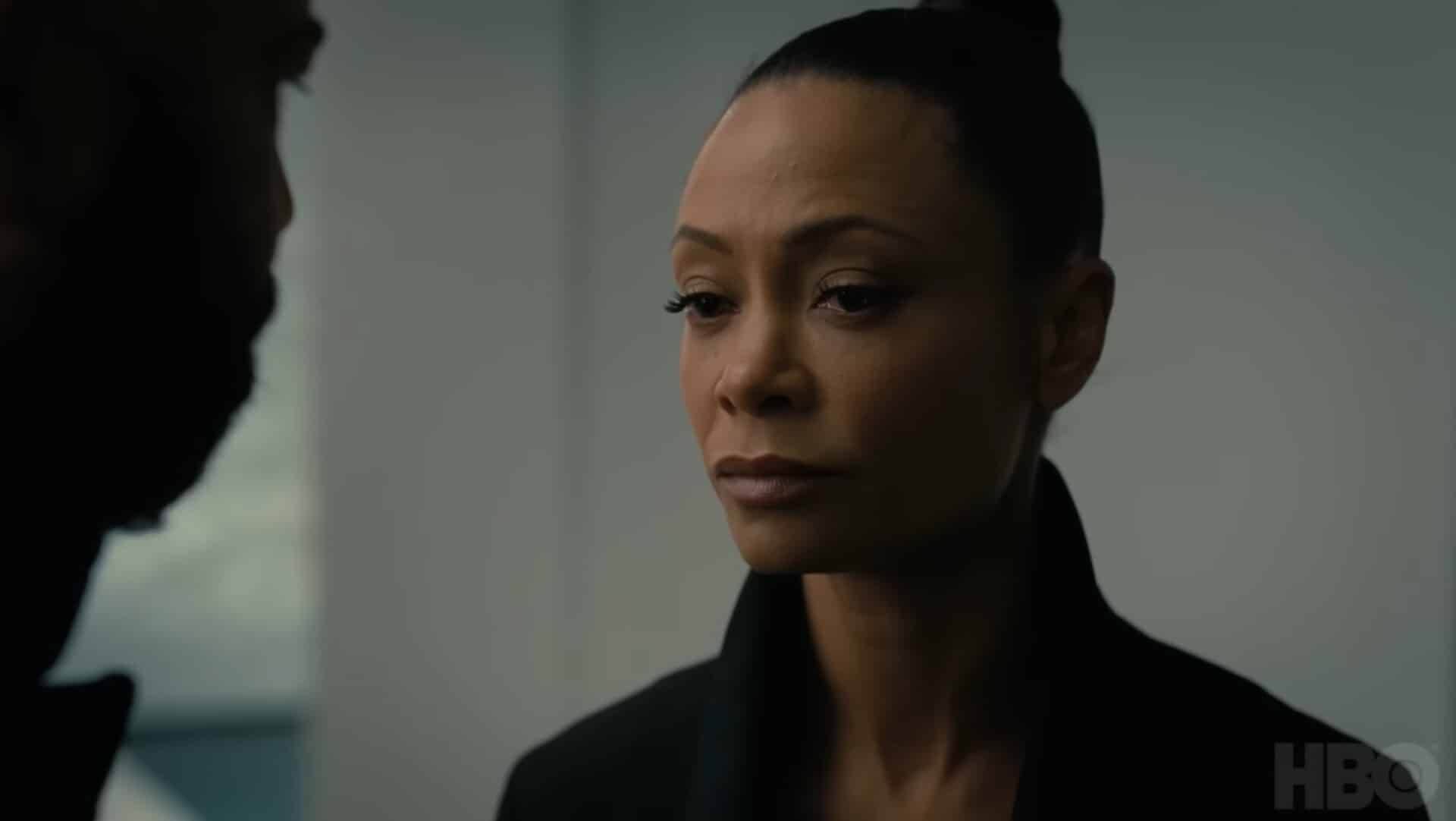
Illustrating how far Westworld has moved from its first two seasons, “Que Será, Será” seems to treat this violence as a distraction rather than as its focus. Instead, it is much more interested in the internal life of Christina than it is in the external violence unfolding in the real world. Much of “Que Será, Será” is given over to Christina processing and reacting to the chaos unfolding in the real world as William has “made everyone as insane as himself” and enacts a plan to “burn it all down.”
There is something solipsistic about how “Que Será, Será” approaches the end of the world, through the perspective of a single character. Christina is revealed to be the sentient artificial intelligence that has been coordinating Charlotte’s world, and her experiences have all been a simulation. This is all very Westworld, part of the show’s rich tradition of revealing various levels of reality and illusion. However, the biggest twist here is that Charlotte is not responsible for Christina’s delusions.
“Hale didn’t design Maya and Peters and all the others that kept me company in my world; I did,” Christina realizes. “Some part of me must have been searching, so I made myself a friend. I was trying to make sense of myself, so I talked to myself in the voices of others.” Even Teddy (James Marsden) has been recreated from Christina’s memories of him, rather than existing as a separate entity. The fourth season of Westworld becomes an elaborate hall of mirrors.
To be fair, this idea has been seeded throughout the season. The version of William that causes this apocalypse is really Charlotte’s copy of the real William, who is now deceased. Bernard was able to model the outcome of events by running complex simulations based on his own impressions of real people like Maeve. Delos used mirrors to collect its user data. Indeed, both Charlotte and Christina are ultimately just different copies of a single base personality, that of Dolores (Wood).
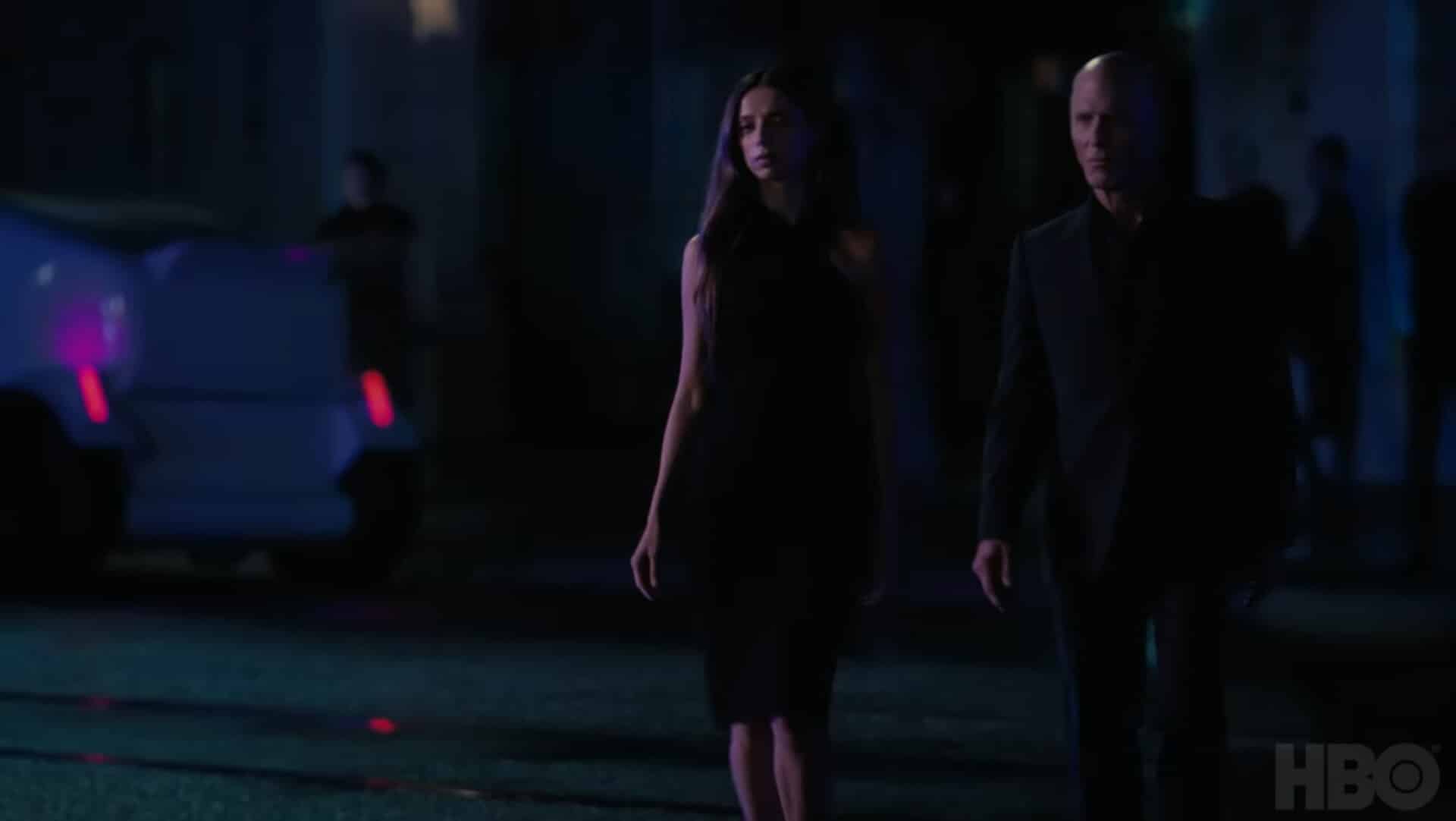
“Que Será, Será” plays with the question of whether there is any external reality that exists beyond the awareness of the self. Does it matter how the world is, or simply how Christina chooses to see it? “There’s violence and chaos everywhere,” Maya (Ariana DeBose), a facet of Christina, tells Christina. “You can choose to focus on all of that, and that’s all you see. But if you sit still, long enough, you’ll sense an ancient order — a deep peace. That’s what I choose to see. I see the beauty in this world.”
This obviously echoes Dolores’ monologue from “The Original,” the show’s very first episode. However, the first two seasons of Westworld implied that the monologue was bitterly ironic, that Dolores was wrong about the beauty in the world and that she would have to confront that. Dolores’ journey through that first season was coming to realize that the beauty of the world was just a façade that masked something more monstrous, the “violence and chaos” Maya mentions.
The first season of Westworld arrived at a charged time in popular culture, and its tale of an oppressed population rising up in revolt resonated with contemporaneous discussions of the #MeToo movement and debates about how to grapple with the history of racial oppression in America. The first season of Westworld arrived amid a wave of literally revolutionary mid-2010s media: Mr. Robot, The Girl with All the Gifts, and even Ex Machina. These were all stories of the oppressed rising up.
Of course, the first couple of seasons of Westworld were occasionally clumsy in their handling of these themes, and they received fair criticism for some of their inelegant approaches to ideas like race and gender. However, they also grappled with themes and ideas that reflected reality outside the fictional world of the show, adhering to the time-honored tradition of using science fiction to reflect the modern world. The rejection of all that in favor of Christina’s preferred reality is frustrating.
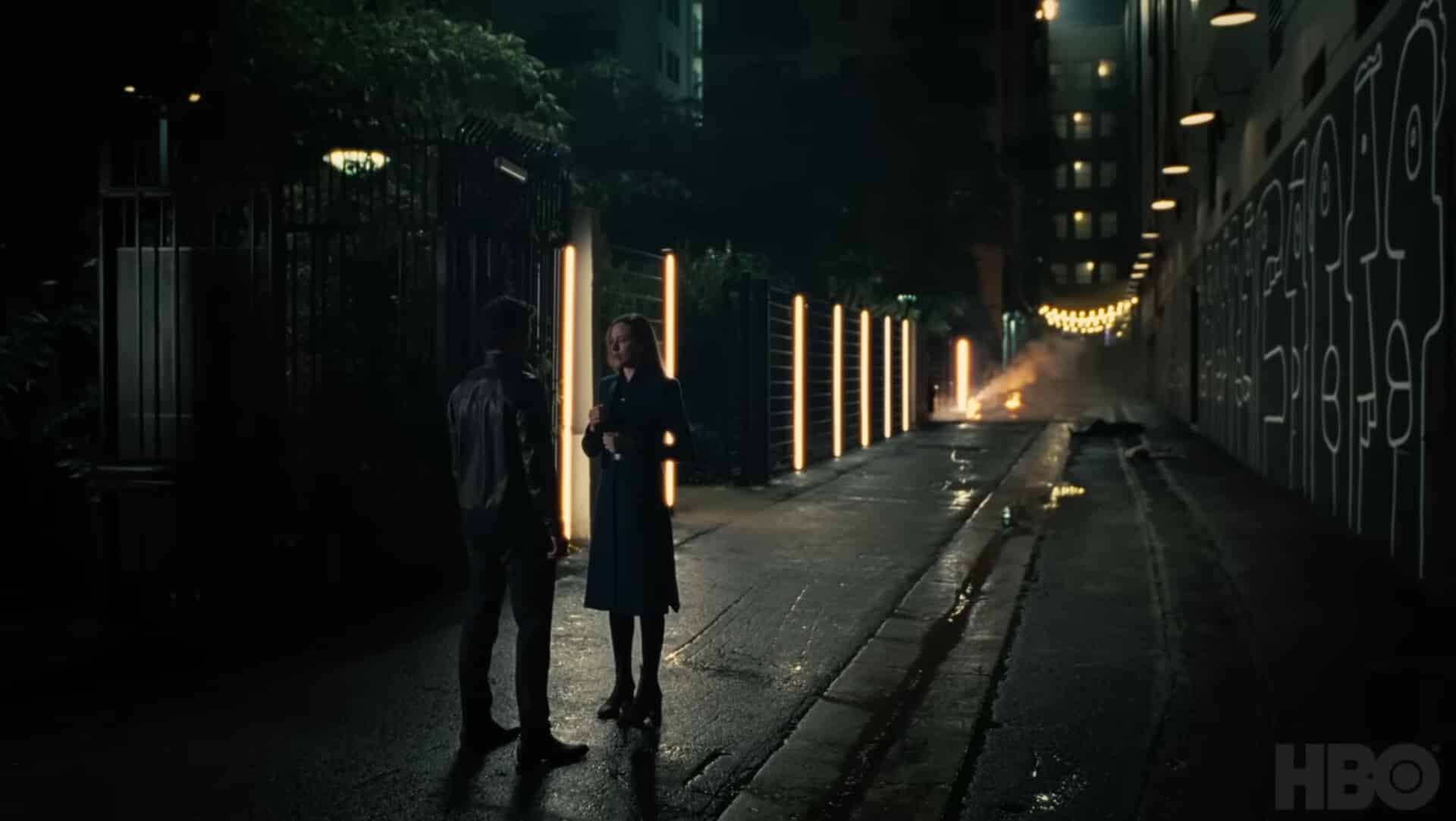
To be fair, the show’s retreat from these larger stories of revolution and social commentary is understandable. Any depiction of such revolutionary violence in contemporary media cannot help but evoke the attempted coup of January 6th. It has become impossible to separate the idea of such violence as a metaphor for the inevitable reckoning with centuries of oppression from the images of the attack upon the Capitol Building perpetrated by those perpetuating such oppression.
“Que Será, Será” is cognizant of the tension. This final revolution was not sparked by the oppressed, but by the oppressors. In the end, William destroys the world to live out his fantasy of “survival of the fittest,” pumping nonsense into the heads of his followers to incite violence. The metaphor isn’t subtle. “Those tones are fucking with your head, man,” Stubbs (Luke Hemsworth) warns a brainwashed civilian (Sean Freeland). The civilian responds, “No, they’re telling me the truth.”
With this context and the other production realities at play, it makes sense that Westworld has retreated back into a much more intimate story about one person’s perception of a world slipping into madness. However, there is also something decidedly cynical and fatalistic in all this. However grim the show’s earlier seasons could be, “Que Será, Será” goes further. It argues that the world is past the point of any meaningful salvation. All that is left is to watch the lights go out.
“This world is a graveyard of stories,” Christina narrates in the final moments of the season. “Hosts and humans were given the gift of intelligent life. And we used it to usher in our own annihilation.” Caleb stays behind as Frankie leaves, rather than forcing his daughter to watch his decline and death. Having finally defeated William, Charlotte walks out into the wilderness and ends her own life. “Sentient life on Earth has ended,” Christina states, matter-of-factly.
In the season’s final moments, Christina suggests something might be saved in her computer simulation. Still, for all the issues with this season, it’s hard not to admire a season finale with the gumption to present the end of all mankind as perhaps the happiest possible ending.

